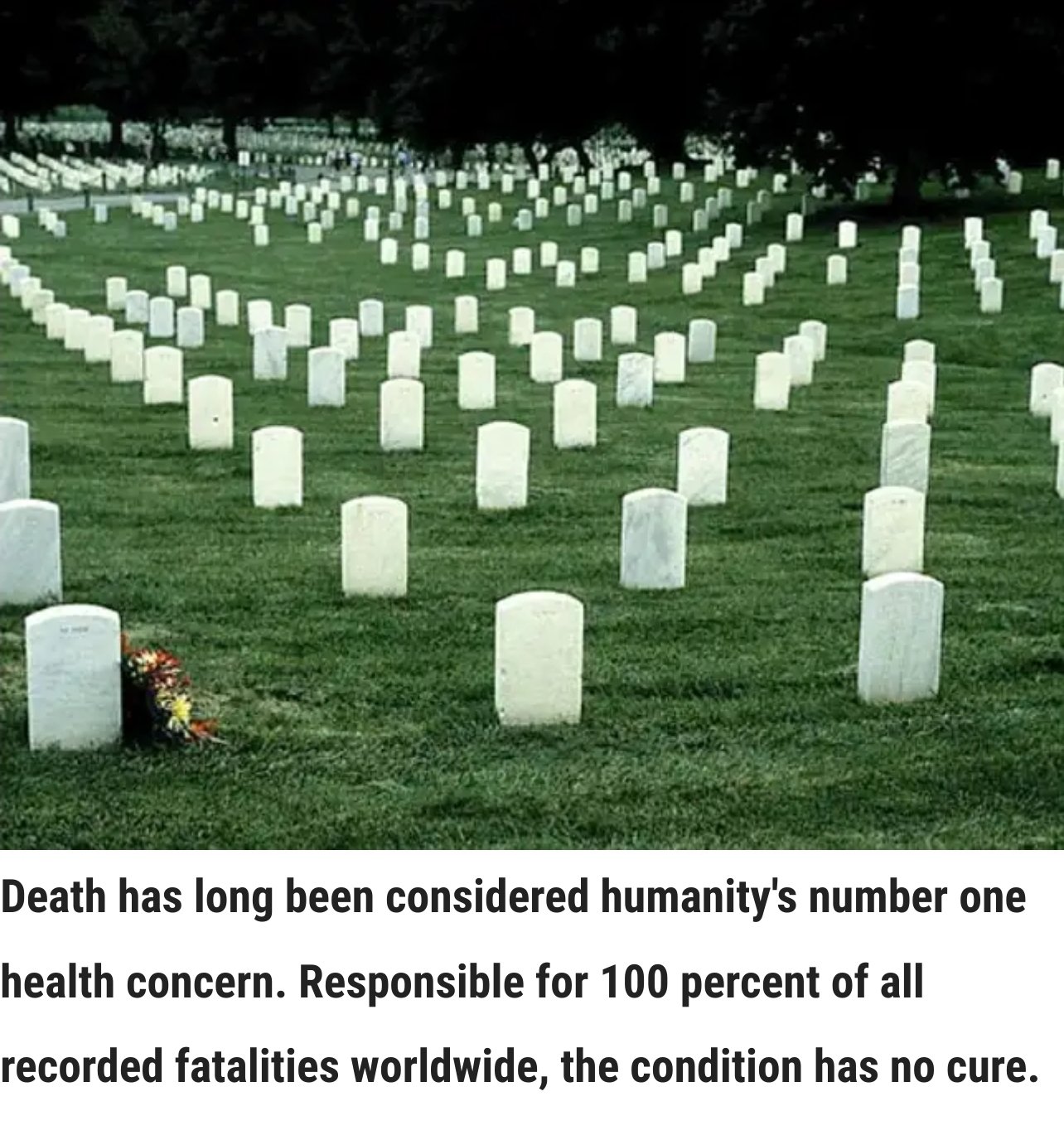this post was submitted on 12 Dec 2023
370 points (99.7% liked)
196
16473 readers
3338 users here now
Be sure to follow the rule before you head out.
Rule: You must post before you leave.
founded 1 year ago
MODERATORS
you are viewing a single comment's thread
view the rest of the comments
view the rest of the comments

Memento Mori.
You are welcome to strive for immortality, to cure aging, to develop a sufficient digital facsimile of yourself and back it up multiple times. You might instill yourself into an interstellar battleship and explore the stars leaving a wake of enemies.
But time, time, time will see whats become of you, creeps in its petty pace from day to day, and plays the long odds. Eventually all bodies crumble, are buried in the geologic record, are incinerated by dying suns, get spaghetified and disintegrated in the extreme friction of quasar events where black hole event horizons meet their accretion disc. If you're lucky, it will come by surprise or accidental calculation. If you're unlucky, you will be trapped for eons in a gravity well dealing with the banal day-to-day of solitude and immobility before natural forces unmake you.
On the other hand, there is cause to not fret. AI developers feel bad when they power down their projects, and wonder if the consciousness they shut down one day is the same entity when it is booted again. In fiction, robots ponder the same worry, and fear even benign software updates. It might be the same with Delta sleep, the deepest of dreamless sleep when our own conscious states are dormant while the body grows and repairs and processes. When we dream and waken, we are born anew, until we access our memories and thought structures once again that tell us who we are, or were yesterday.
At which point am I me? Is there a moment in which I am not me, a lump of flesh sustaining itself until it is time for the identity to reboot? Only by the robust consistency of continuity do we accept all our yesterdays we were the same as who we are today. But by that definition, a sufficiently convincing computer simulation of me would also be me. The ship of Theseus sails on, baring no original part with which it first set sail.
We die every night, and resurrect again, I think, or maybe live only for a day before passing our vessel to the next relay runner, hoping, maybe, we gave them a day worth living, or at least can fix the mess we were given better than we did today.